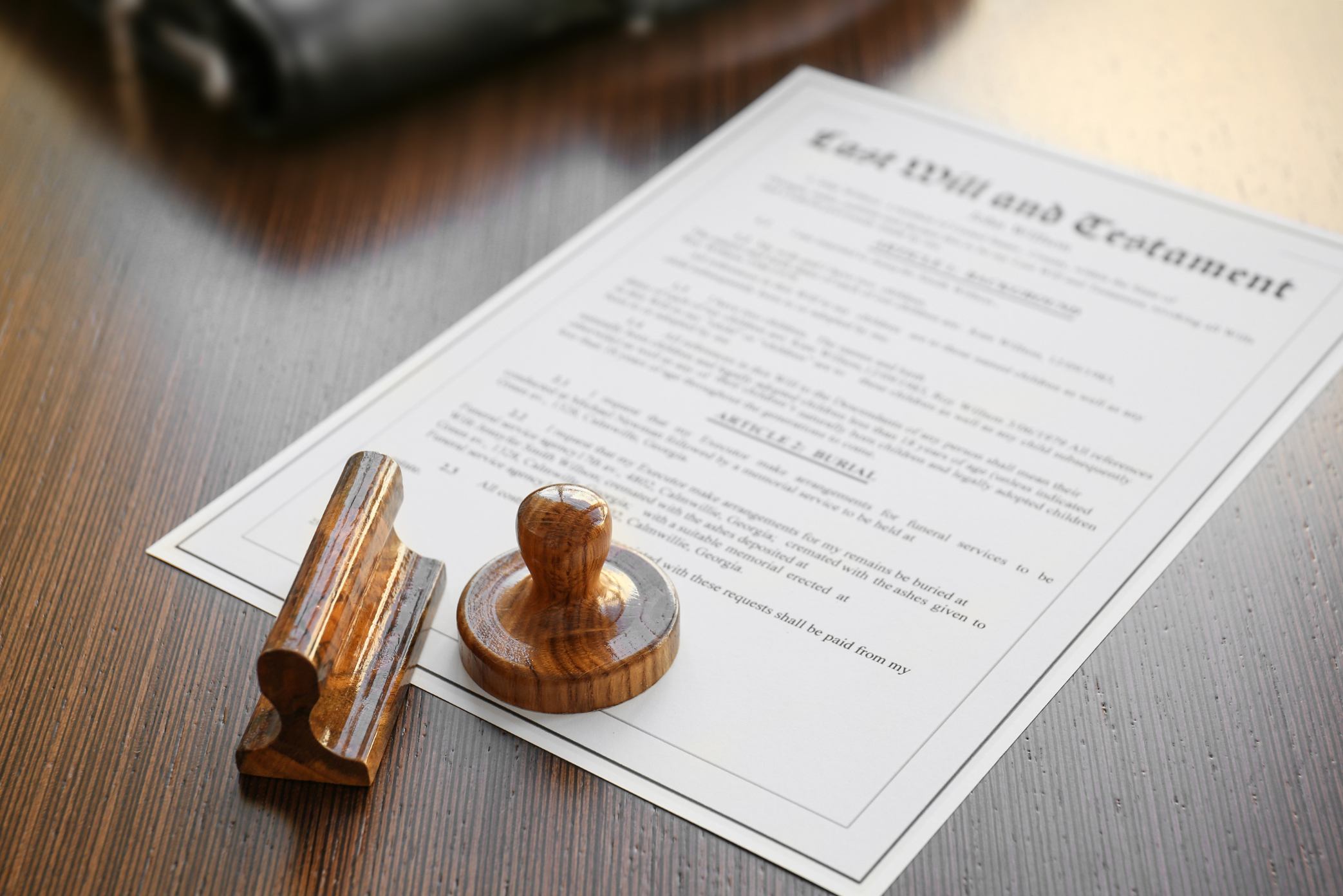Key Facts
- Notarization is crucial for verifying signatures and ensuring the legality of agreements, preventing fraud and validating identities.
- Documents like real estate agreements and powers of attorney often require notarization to be legally binding.
- Wills and trusts benefit from notarization, expediting probate and reducing legal challenges.
- Affidavits and business contracts must be notarized for authenticity and legal enforceability, protecting parties involved.
- International documents may need an apostille or additional notarization for validity across jurisdictions.
Notarized documents play a crucial role in verifying the authenticity of signatures and ensuring the legality of agreements. A notary public serves as an impartial witness, helping to prevent fraud and validate identities. Certain documents require notarization to be legally binding and accepted by courts, banks, and government agencies. Understanding which documents need a notary and the legal requirements can save time and prevent issues in important transactions.
Why Notarization Is Important
Notarization provides a layer of security by confirming the identity of signers and ensuring they sign voluntarily. It helps deter fraud, prevents disputes, and strengthens the credibility of legal documents. Many institutions, including financial and governmental organizations, require notarized documents to protect against forgery and unauthorized alterations. Notarization may also be necessary for international document authentication, ensuring acceptance in foreign jurisdictions.
1. Real Estate Documents
Buying, selling, or refinancing property requires notarized documents to ensure legality and prevent fraudulent transactions. Deeds, mortgage agreements, and property transfer documents often require notarization to be recorded with county or state offices. Without proper notarization, these agreements may not be legally enforceable. Notaries verify that all parties understand the terms before signing, reducing the risk of disputes in real estate transactions.
2. Power of Attorney
A power of attorney (POA) grants someone the legal authority to act on behalf of another person. Because it involves significant legal and financial responsibilities, notarization is often required to validate the document. A notarized POA ensures that the document was signed willingly and without coercion, protecting the interests of both parties. Some states mandate notarization for POAs, particularly those dealing with financial or healthcare decisions.
3. Wills and Trusts
Although notarization is not always legally required for wills, it is highly recommended. A notarized will can expedite the probate process and reduce the likelihood of legal challenges. Some states require notarization for self-proving affidavits attached to wills, confirming that the document was signed in the presence of witnesses. Trust agreements, which dictate how assets are managed, also benefit from notarization to ensure validity and legal enforceability.
4. Affidavits and Sworn Statements
Affidavits are written statements sworn under oath and used in legal proceedings, business transactions, and government applications. A notary public must verify the identity of the signer and witness the signing to ensure authenticity. Many courts and government agencies require notarized affidavits as official testimony. Without notarization, these statements may be dismissed or considered invalid in legal proceedings.

5. Business Contracts and Agreements
Business contracts outline obligations between parties and must often be notarized to be legally enforceable. Agreements such as partnership contracts, loan agreements, and service contracts may require notarization to prevent disputes and provide an added layer of legal protection. Notarizing these documents ensures that all parties have signed voluntarily and with a clear understanding of the terms. Some business transactions also require notarization for regulatory compliance.
6. Financial Documents
Many financial transactions require notarization to confirm authenticity and prevent fraud. Loan documents, promissory notes, and credit agreements often need notarization to be valid. Financial institutions require notarized documents to verify borrower identity and ensure compliance with lending regulations. Without notarization, these documents may not be legally recognized, putting financial agreements at risk.
7. Apostille and International Documents
Documents intended for use in foreign countries often require an apostille or additional notarization. An apostille certifies the authenticity of notarized documents for international use, making them legally valid across different jurisdictions. Birth certificates, adoption papers, and business contracts are common documents needing an apostille. A notary public plays a key role in preparing these documents for international authentication.
Conclusion
Notarization is essential for verifying the authenticity of many legal and financial documents. Whether dealing with real estate transactions, wills, or business agreements, notarized documents provide legal protection and credibility. Ensuring proper notarization helps prevent fraud, strengthens legal standing, and simplifies complex transactions.
At Anshin Mobile Notary & Livescan, we offer reliable notary services to authenticate your important documents. Our professional services include Live Scan Fingerprinting, FBI Background Checks, Fingerprint Cards, Notary Public, Apostille, Business Services, and Expungement to assist you with legal document authentication.

Frequently Asked Questions
Do all documents need to be notarized?
No, only documents requiring legal authentication, fraud prevention, or regulatory compliance need notarization. Requirements vary by state and institution.
Can I notarize a document online?
Yes, some states allow remote online notarization (RON), where a notary verifies identity and witnesses signatures via a secure video call.
How much does notarization cost?
Fees vary by state, type of document, and notary services provided. Some states regulate notary fees, while mobile notary services may charge additional travel costs.
What happens if a document is not notarized?
If notarization is required but not completed, the document may be invalid or rejected by courts, financial institutions, or government agencies.
Can a notary refuse to notarize a document?
Yes, a notary can refuse if the signer lacks proper identification, appears coerced, or if the document contains incomplete or fraudulent information.
By ensuring proper notarization, individuals and businesses can safeguard their legal and financial interests while maintaining document integrity.
Also Read: Step-by-Step Guide to FBI Background Check & Apostille

